


China
By: Wil Rohrbach
Leaders and Government
- China is a Communist state
- The president of China is Xi Jinping
- Their government party is the Communist Party of China (CPC)
- Their currency is Renminbi or Yuan
- Mandarin Chinese is their official language
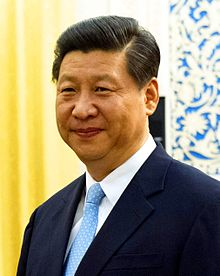
Jobs in China
- Pros
- Lower costs for companies
- higher output/quicker time
- They can make replicas of other products easily.
- Cons
- Hard for companies to find factories
- Harder for communication of factories and companies
- shipping costs
- somtimes the quality of the products.
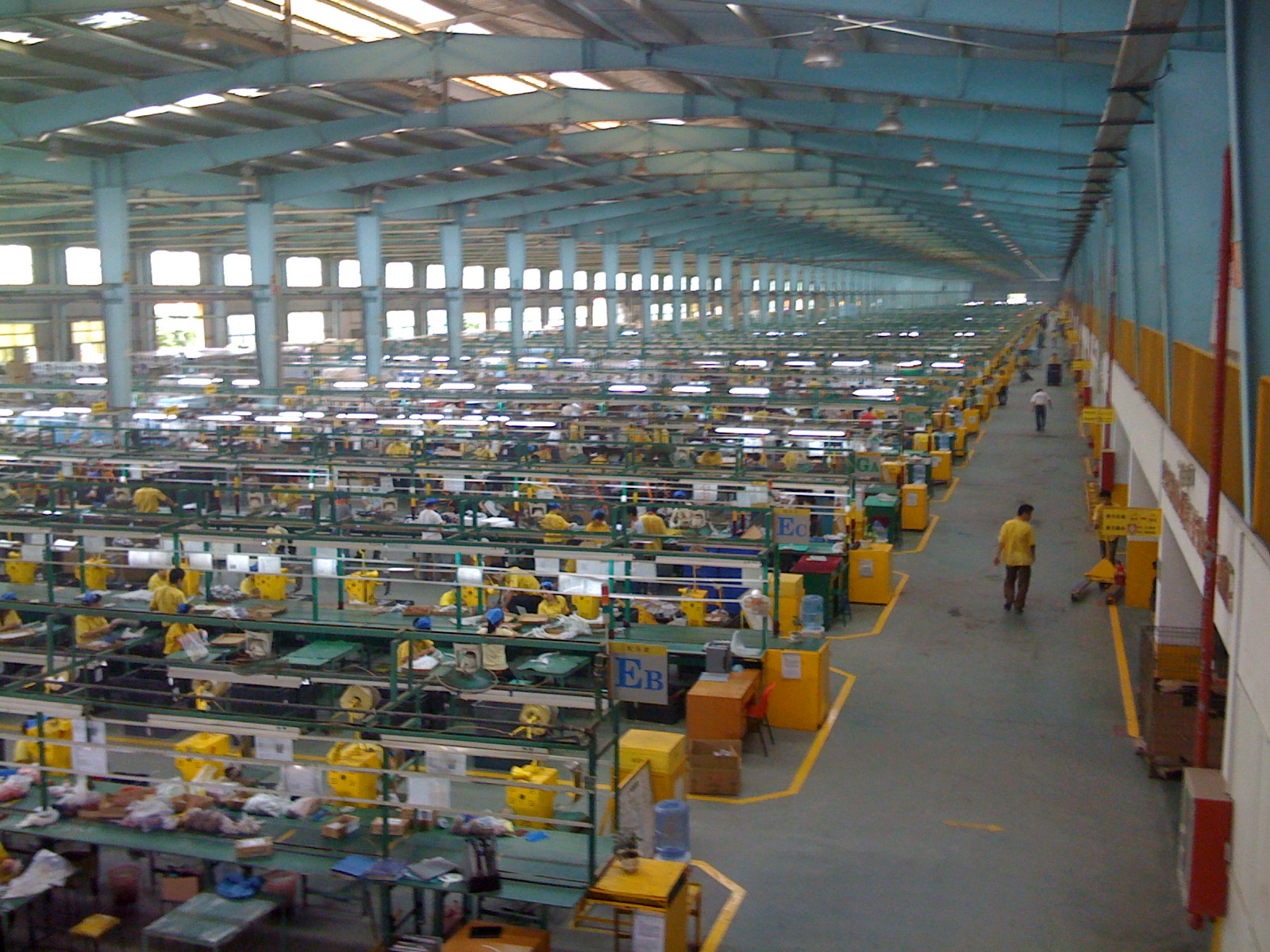
Popular Jobs in China
- 45% of workers in China work in factories
- 45% of workers work as tradesman, such as, accountants, mechanics, and plumbers.
- 10% of workers in China work in agriculture field.
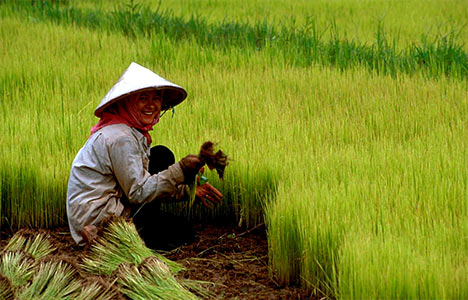
Water
- Yangtze River- longest river in Asia and third largest in the world.
- Yellow River- The river is yellow, because of the Loess sediments in the river. Its the second largest river in Asia.
- Pearl River- The third longest river in China.
- Pollution- The factories in China dump out chemicals into the rivers. The consumers put pressure on the companies to produce cheap products fast, without even being concerned with the environmental status in that country.
Land
- Himalayan Mts.- The Himalayan Mountains are on China's southwestern boarder. The Himalayan Mountains have some of the tallest mountains on earth.
- Gobi Desert- It is the fifth largest desert in the world. Gobi is a cold desert, with winter temperatures going down to minus 40 degrees Fahrenheit, but in summers it can reach 122 degrees Fahrenheit. It is located on the northern and northwestern part of the United States.
History of China
- Shang Dynasty
- First recorded Chinese Dynasty.
- BC 1500-1050
- developed China's first writing system, a calendar, and chopsticks
- Their skills were at bronze casting
- Zhou Dynasty
- Longest reined Chinese dynasty
- BC 1050-400
- Expanded China
- Influenced teachings of Confucianism, Daoism, and Legalism.
- Began using iron tools and plows
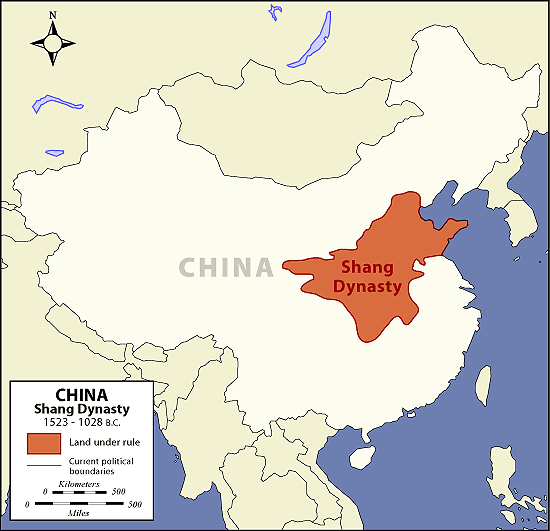
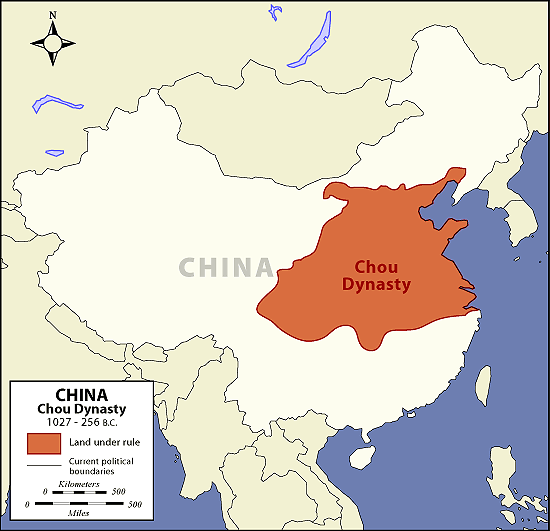
Zhou
China's History Continued
- Qin Dynasty
- First unified Chinese empire
- BC 221-206
- Strong government with strict laws
- Created a money system and writing systems
- Built networks of roads and canals.
- They built much of the Great Wall
- Han Dynasty
- Based government on Confucianism
- BC 206- AD 220
- Began trading over the Silk Road
- Buddhism came to China from India
- Invented paper, sundial, and acupuncture.
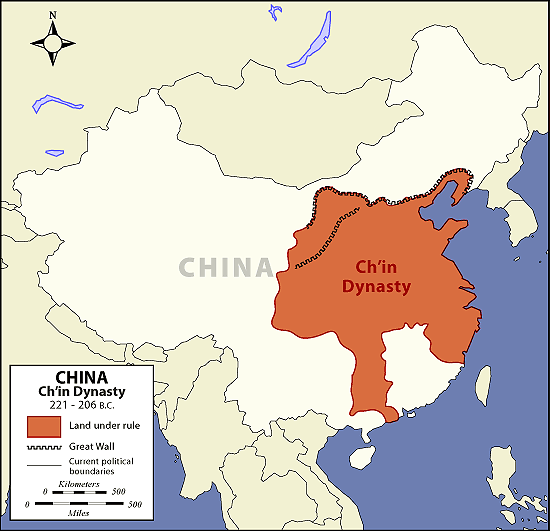
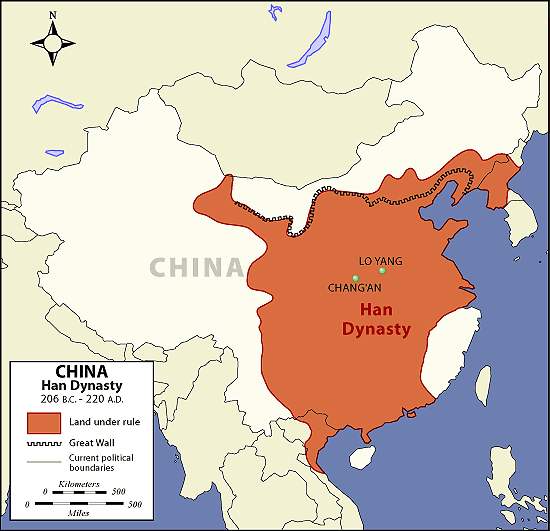
China's modern history
- In 1911, rebels forced out China's last emperor.
- The rebels then formed a republic
- There were power struggles within this new government. The groups were nationalists and the communists.
- The groups fought a brutal civil war, with the communists led by Mao Zedong winning in October, 1949.
- The new government of The People's Republic of China.
- The nationalist fled to Taiwan to form the Republic of China
The Culture of China
- Chinese Holidays
- 1) New Years The new year going by the Gregorian Calendar
- 2) Chinese New Year. Spring Festival is another name. It is celebrated for three days
- 3) Qingming Festival. This day is also called Tomb Sweeping Day. It is a day to honor the dead.
- 4) May Day. It is China's celebration of Labor Day.
- 5) Dragon Boat Festival. It's a traditional Chinese Holiday that includes dragon boat racing.
- 6) Mid-Autumn Day. It is a holiday for family reunions and it's a harvest festival.
- 7) National Day. This holiday is for celebrating the creation of the People's Republic of China. It is celebrated for three years.
China's Culture Continued
- Religion
- Buddhist 18.2%
- Christian 5.1%
- Muslim 1.8%
- Folk religion 21.9%
- other 0.9%
- 52.2% not in a religion
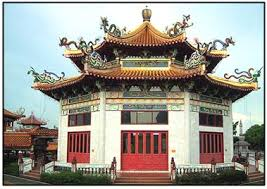
School in China
- It is mandatory for citizens to go to school for at least nine years
- Primary school-Children ages 6-12; six years
- Secondary school-Children ages 12-15 in Junior secondary, and 15-18 in Senior Secondary; three years each
- Post-secondary- Ages 18-20, lasts for about two years.
- After all of this schooling is complete, they can go to college to get a Bachelors, Masters, or Doctoral degrees.
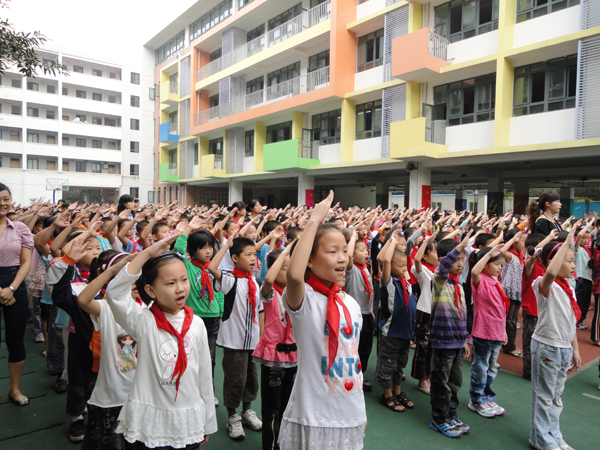
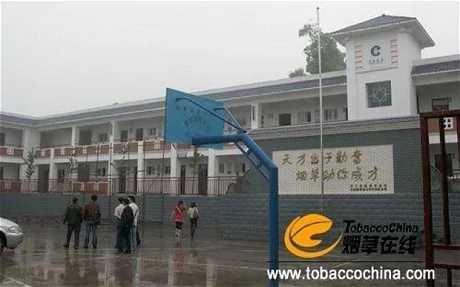
China Tourism
The Great Wall of China- The Great Wall of China is 5,500.3 miles long. The Great Wall dates back to 259-210 BC
It was one of the most largest construction projects. The Great Wall was built to protect the Chinese Empire from the northern invaders
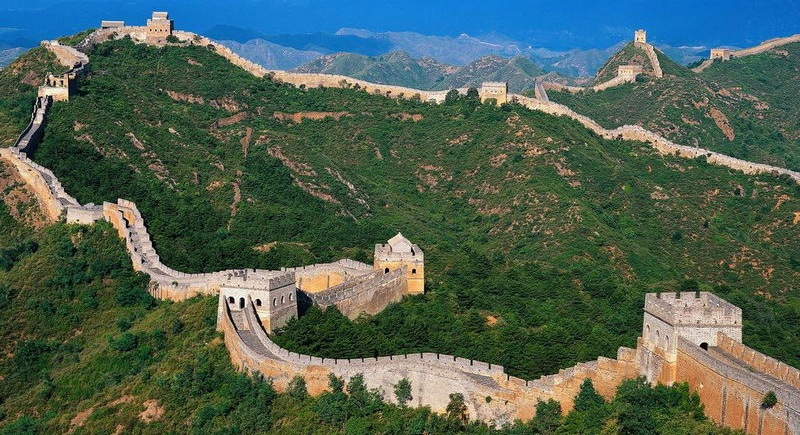
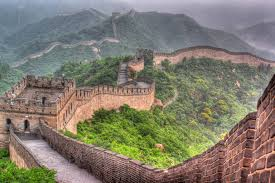
The Forbidden City
- The Forbidden city is located in the center of Beijing
- It served as the Imperial palace for 24 emperors.
- It took 14 years to build during the Ming Dynasty
- All of the gates in the city were positioned about the north-south central axis of old Beijing.
- There are 90 palaces and courtyards, 980 buildings, and 8,740 rooms within the city.
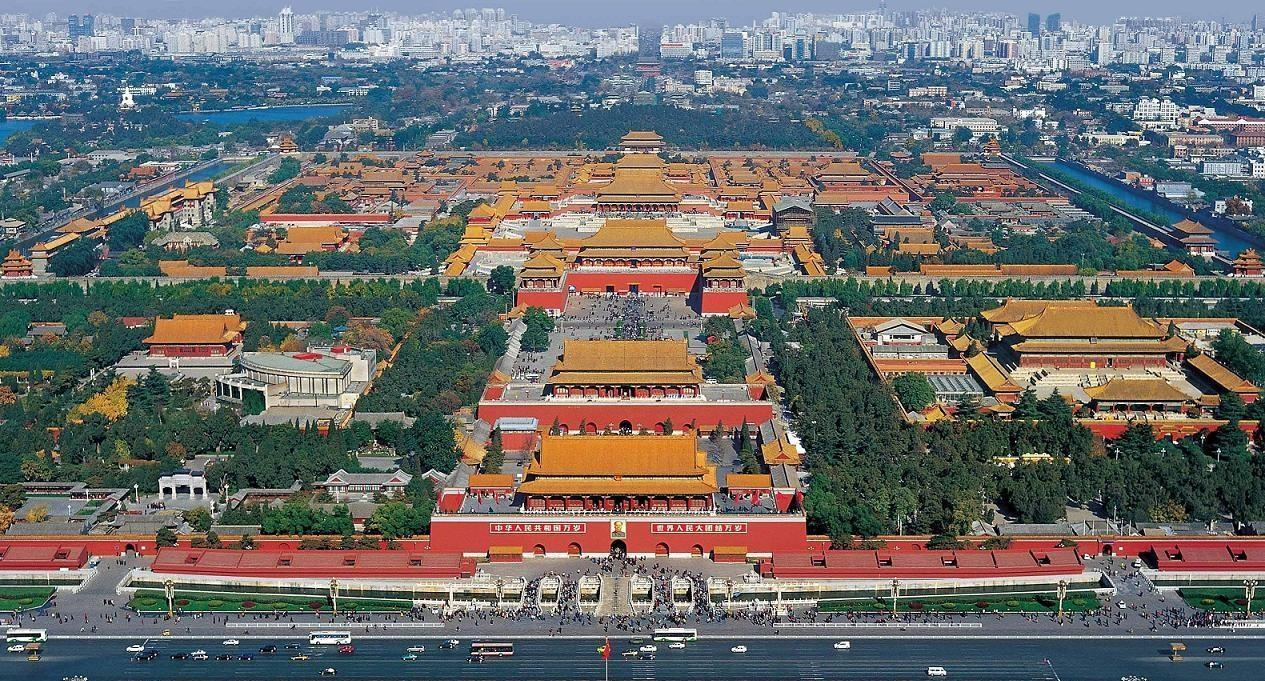
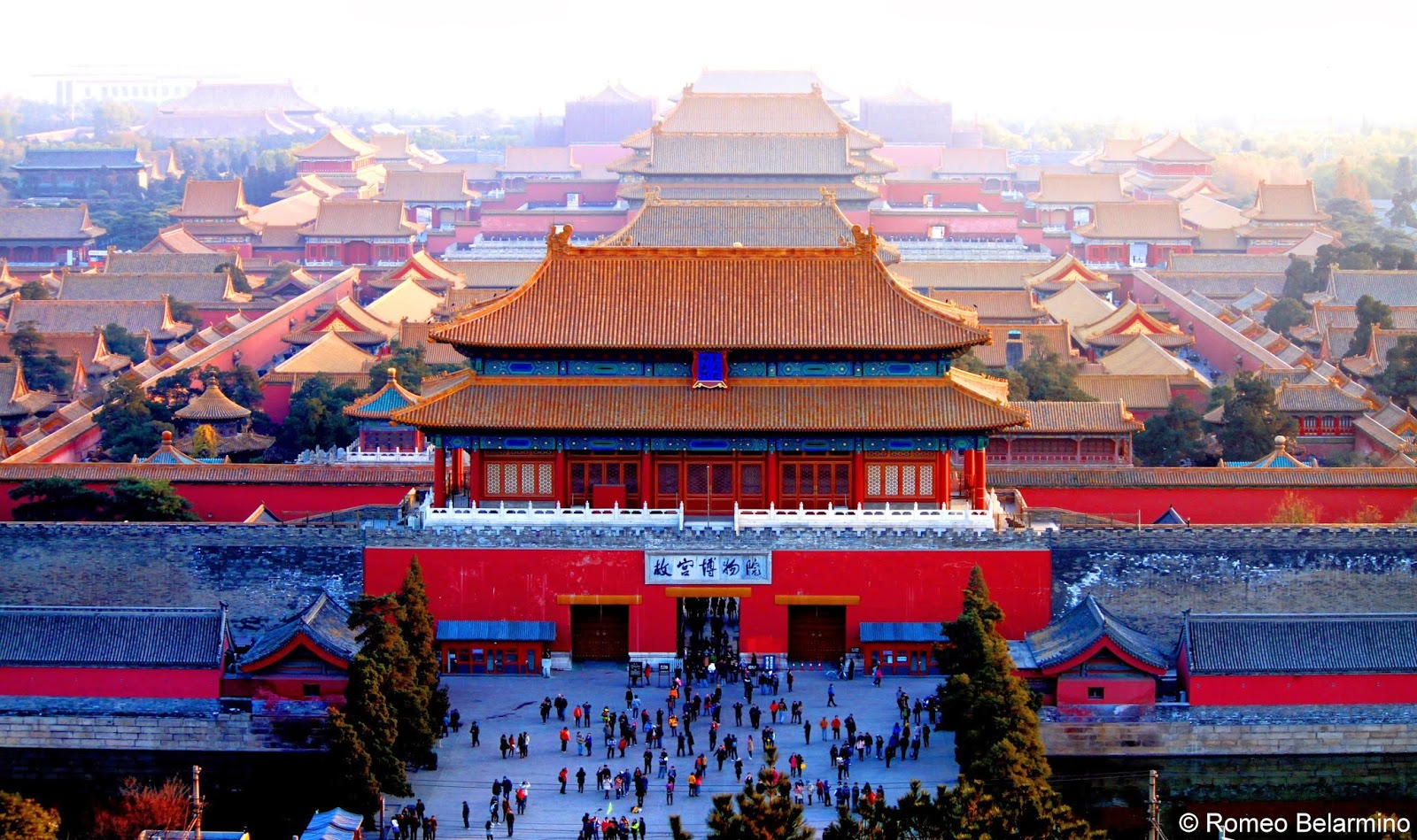
Terracotta Warriors
- They are statues made of terracotta.
- They depicted the armies of the first Emperor, Qin Shi Huang Di.
- Qin was young when he became a leader, only thirteen, but he united warring nations to become one unified nation.
- Four pits have been partially excavated. Three of the four have been filled with warriors, but the fourth was found empty and unfinished.
- Archaeologists estimate there to be about 8,000 warriors, but the complete amount of warriors may be never found.
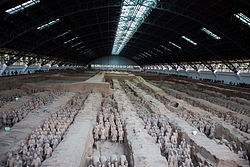
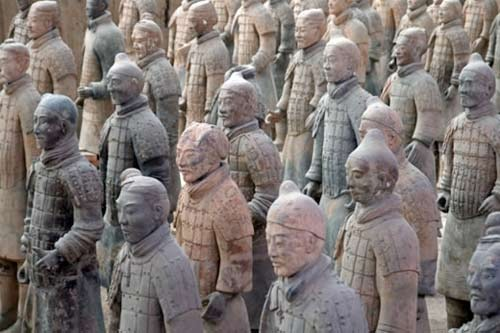
Potala Palace
- Potala Palace is located in Tibet.
- It was the winter palace of the Dalai Lama from the 7th century AD.
- the Dalai Lama is the head of Tibetan Buddhism.
- The 14th Dali Lama fled from China to India, when the Communist party took over Tibet
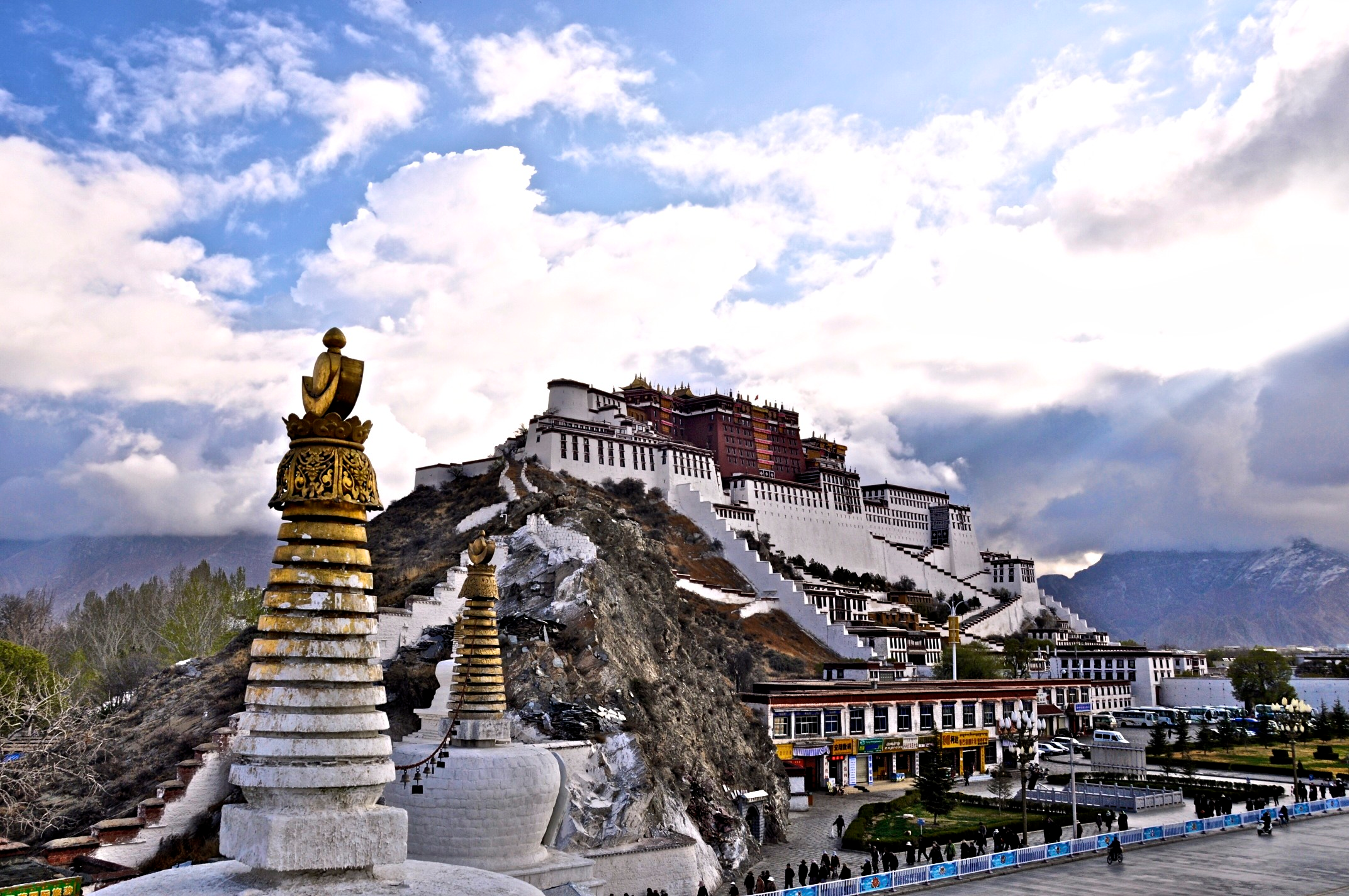
Ming Tombs
- The Ming tombs are a collection of tombs with 13 emperors from the Ming dynasty.
- Only three tombs are opened to the public.
- The construction of the tombs started in 1409 AD
- The first emperor in the tome is Xiaoling
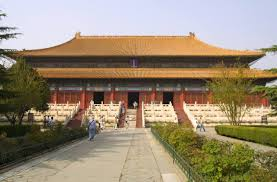
Climate Comparison
China has very diverse climates. The northern part of China has a subarctic climate, but the southern part of China has a tropical climate. Fort Wayne has a Humid Continental climate. There are eight climate regions in China.
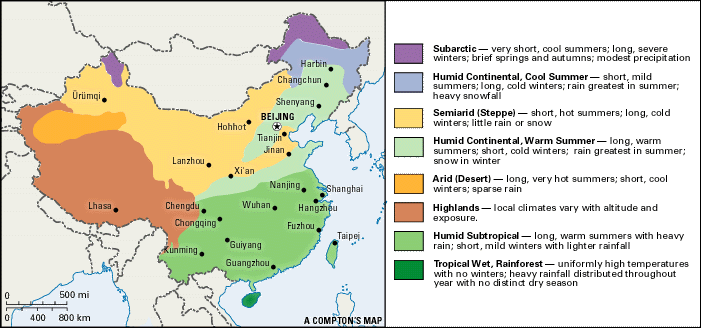
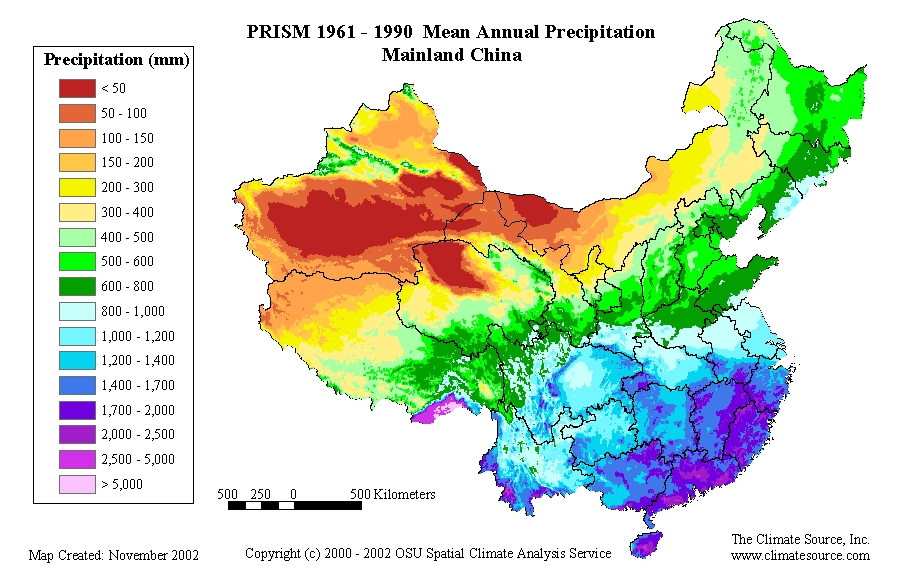
Technology in China
- China is the leading country in cyber espionage.
- In ancient China, they found the four great innovations, paper making, printing, the compass, and gunpowder.
- China has the world's largest mobile phone population.
- China has the world's fastest super computer.
- The Chinese government has about 30,000 cyber police, monitoring internet traffic.
- Facebook, Youtube, and Twitter are some of the websites block by the Chinese government.
- The whole country of China spent up to 1 billion hours online per day in 2009.
The End
Thanks for Watching